1065 In London Westminster Abbey was consecrated. Still there. Seen it and the long lines of visitors waiting in the rain to enter but have never done so myself.
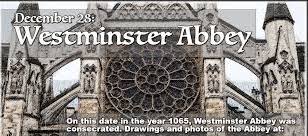
1836 In Adelaide the Acting Governor read a proclamation creating the colony of South Australia. The first and only Australian colony founded by free settlers, many of them from German-speaking Europe.
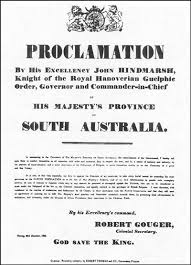
1869 In Philadelphia the Knights of Labor, a labor union of tailors, held the first Labor Day ceremonies in American history. This was a forerunner of Labor Day. Why is not one of the Philadelphia sports teams called The Tailors? Answer me that!
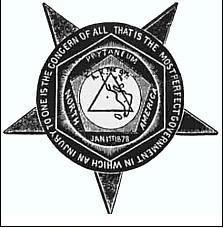
1895 In Paris the world’s first commercial movie screening took place at the Grand Cafe. For a fee the Lumière brothers screened a series of short scenes from everyday life.
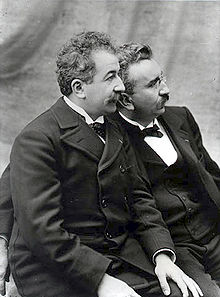
1973 In Paris Aleksandr Solzhenitsyn published ‘The Gulag Archipelago’ in Russian. It put paid to Western apologist for the Soviet Union in documenting the persistence, severity, extent, and depravity of the slave system. These apologist told us that the Gulag went with the death of Stalin. Powerful. It is depressing to realise that at the same time there were comfortable intellectuals in Paris, London, and Sydney espousing the moral equivalence of the USA and USSR while never missing a meal. No mea maxima culpas have ever been heard. We went to the Gulag Museum in Moscow. Grim. The curator who showed us around had been a victim. The map below of gulags below shows the extent at the time Solzhenitsyn published.

Month: December 2018
27 December
1652 In London Charles II suppressed coffee houses because of the “scandalous papers, books and libels from being read in them” and to prevent the freedom of speech or the right to express dissatisfaction with the government in the houses. It was rescinded in a fortnight when it elicited in equal measures ridicule and disbelief.
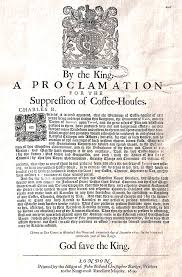
1780 In Victoria Buckley’s chance was taken when convict William Buckley, recently arrived, escaped into the bush. He lived 32 years among the Wathaurong people on the Mornington Peninsula. He became a peacemaker between the aborigines and European settlers and was pardoned to become a civil servant.

1900 In Wichita Kansas Carry Nation smashed up the bar at the elegant Carey Hotel. She had abandoned the nonviolent agitation of the Woman’s Christian Temperance Union for direct action — “hatchetation.” Since the Kansas Constitution prohibited alcohol, Nation argued that destroying saloons was an acceptable means for citizens to enforce the law when established authorities would not do so.
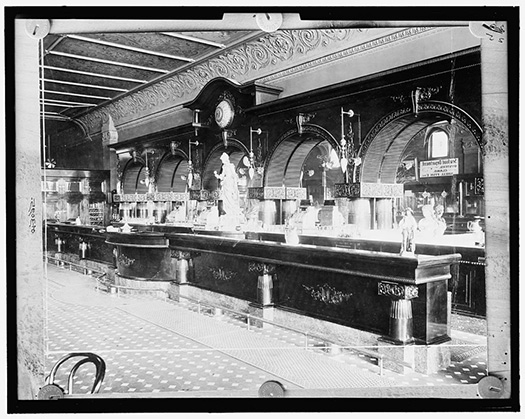
1904 In London ‘Peter Pan,’ by James Barrie, opened at the Duke of York’s Theater in London. Do you believe? Still playing in some form somewhere right now.
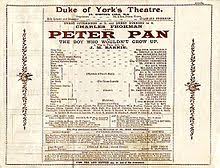
1945 In D.C. International Monetary Fund was established by twenty-nine member countries. It has done much to bring stability to the world’s finance.
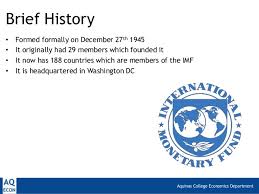
26 December
1606 At Whitehall London King Lear was performed at the court of King James I. It had been written in the previous twelve months. I have seen it performed many times. Most productions mangle the politics by omitting scenes and lines that indicate Lear had a plan, and only when it was foiled and he lost control of the situation did he become erratic.
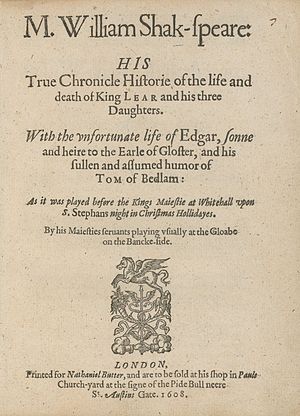
1919 The Boston Red Sox committed original sin by selling Babe Ruth to the New York Yankees, and suffered ever after. Only expiated in 2004; saw it, did not believe it. Bill ‘Spaceman’ Lee had predicted it would a hundred years but he meant 2019. He missed by fifteen years. That’s close enough for a junk baller. In any event it was the hundredth World Series so he numerology was right.
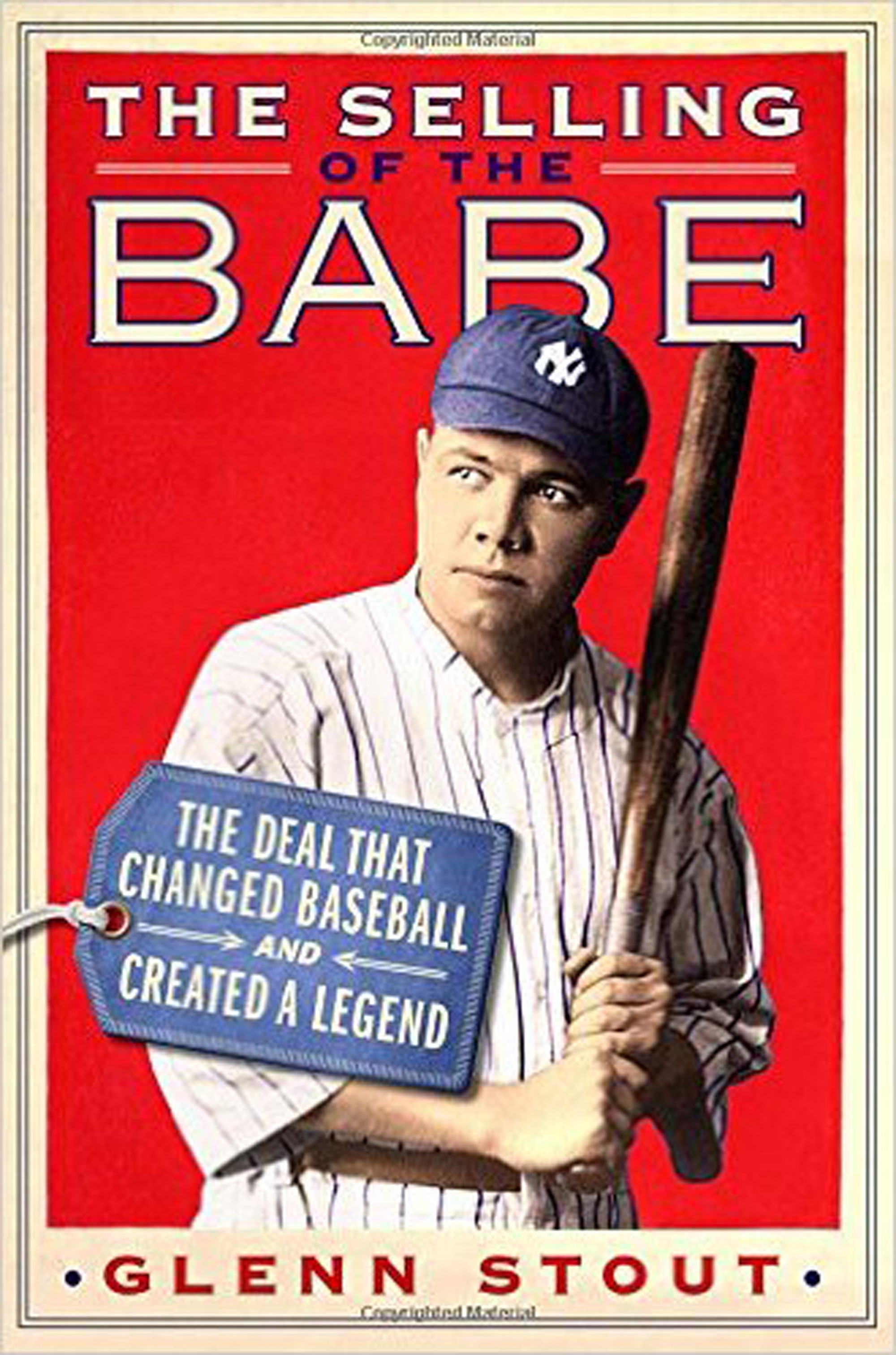
1931 George Gershwin’s musical, “Of Thee I Sing,” opened in New York City. It became the first American musical to be awarded a Pulitzer Prize. Daughter Julie sang in this at the Sydney Opera House.
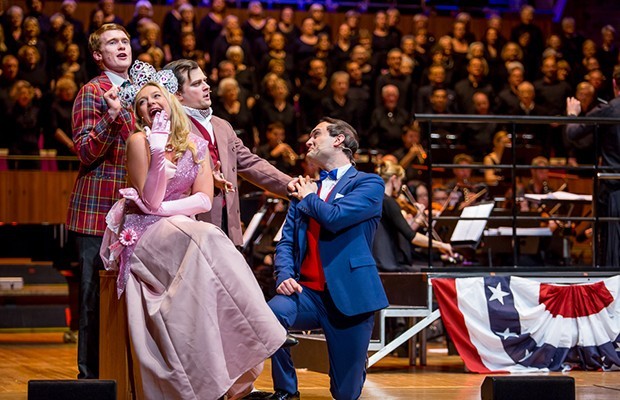
1945 The first Sydney to Hobart yacht race occurred. In the first instance it was a sailing club with nine craft, but it soon became a competition ‘to make it more interesting’. It has been a boon to Hobart’s tourist business. The spectacle on Sydney Harbour is a sight to see. At Hobart the survivors are usually a bedraggled lot which does not look so good.
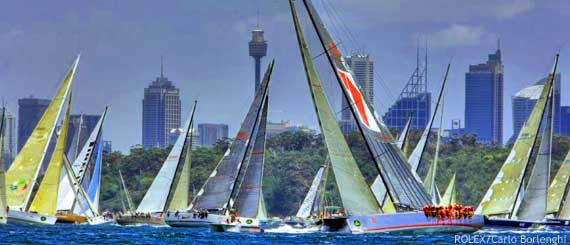
1982 Time magazine made the Personal Computer its ‘Man of the Year.’ The first time a person was not name for this distinction. Started to use my first one in the office about 1988 when I rolled one recently delivered from the hallway into my office. That was the method by which resources were allocated in those days.
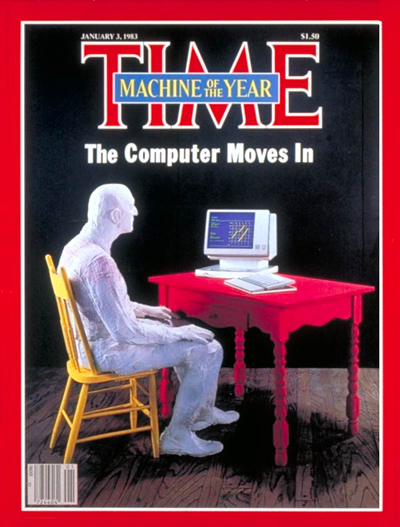
‘The Kingdom of Light’ (2009 ) by Giulio Leoni
GoodReads meta-data is 324 pages, rated 2.9 by 108 litizens.
Genre: Krimi
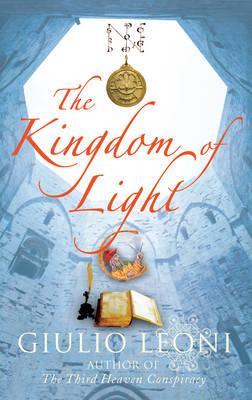
Verdict: Dan (Brown) started here.
The sleuth in change of the City of the Flower in the year of their lord 1300 is Dante Alighieri (1265–1321) is called to the site of a ruined ship in the marshes of the Arno with a manacled and dead crew. Is this a life boat from the Mary Celeste, or what? Turns out it is ‘or what.’
Florence is ruled by a small but typical committee — shutter! — whose members are Priors, and Dan is one of them. The others are busy with training seminars, bickering over trivialities, and writing this service onto their CVs while not raising a finger. See, it is a typical committee. Only Dan does any prioring work.
He finds on the ghost ship a strange clockwork, which he conceals, least some zealous churchman declare it devilish and destroy it. There is a lot of that around, i.e., churchmen declaring sliced bread the work of the devil, and devouring it least humble people be corrupted.
It seems the Catholic Church has never changed. It loudest exponents are the first to become corrupt to save the humble people from it. If that is too cryptic, think choir boys.
Dan noses around annoying everyone. Florence is full of travellers, many on pilgrimages to the Holy Land, and others to AC Milan away games. They are united by Latin and soccer. Then the murders begin among a group of those travellers. The plot got so thick this reader could not stir it.
Meanwhile a charlatan, no relations to Heston, is gulling credulous Republicans with a new Crusade to build a wall. They throw money at him which he happily collects. When Prior Dan sets out to unmask this scoundrel he finds a deeper and darker plot that harks back to the War of Guelphs and Ghibellinis. This conflict was largely familial though various doctrinal and territorial claims were made to cloak the tribal battle for precedence.
Dan is much less inclined than his fellow committee Priors to accept supernatural explanations for everything and even less inclined to favour destroying anything unusual as the devil’s work. The author brings home the suffocating and hypocritical environment of the time and place very well. While Dan is pious he sees all as part of the divine plan and wants to understand it, not whack it with a sword.
The last great Holy Roman Emperor was Frederick II (1194–1250) of Sicily who was very much larger than life. He travelled widely in the constituents of the Empire and promoted alchemy, astronomy, astrology, and the other arts and sciences of the age. The pope denounced him as the anti-Christ for this support. Freddy also negotiated with Saracens about access to the Holy Lands, and that made him anathema to the Pope. ‘Negotiation, never! The sword, always!’ cried the Pope in the name of the Prince of Peace.
When the Papacy prevailed and Freddy died, it grew avaricious and bloated, and by Dan’s time it was an enemy of Florence, seeking always to extend its grip on the secular city through the sectarian cloisters that abound in the city. (When I spent a semester at the European Universities Institute in Florence I had an office in a one-time monastery. Pretty grim.)
After the Guelphs defeated the Ghibs in 1294, a battle in which Dan distinguished himself, they then split among themselves into Black Guelphs and White Guelphs. The losers of this interniacine conflict went to Ontario where it was a balmy -2 degrees Fahrenheit when I checked this minute. Again the conflict was familial and personal rather than theological or ideological, though inevitably the contestants sought allies on these latter grounds.
The to’ing and fro’ing and the manners and mōres of high medieval Florence are interesting but confusing to the neophyte like me. I never did quite figure out what the point of it all was but nonetheless I will try to SPOIL(ER) it for readers!
The plotters were trying to rekindle the Ghibs. The purpose of the take over was to reclaim Freddy’s mirrors which his court astronomer had made to observe the transmission of light. This was sacrilege because light was God’s creation, or something. So it all had to be done in secret, in the dark. Get it? Why all this had to be played out in Florence was lost on this reader. But the mirrors were the cargo of wrecked ship. Secrecy required the whole crew to be murdered. [Gulp.] UPS could have delivered without all that. Not sure about DHL.
Dotted throughout the text are passages from and references to Dan’s masterwork, the Comedy, which took the name Divine after his death. I have listened to most of it in an Audible book while dog walking years ago. I once met John Ciardi, the foremost English translator of Dan, in that memorable 8 am poetry class that seemed like a good idea for the first and last time at registration.
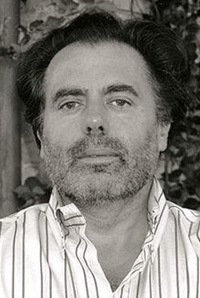 Giulio Leoni
Giulio Leoni
There a number of titles in this series and I read another one a long time ago. Like this one, I found that one intriguing but confusing. Don’t suppose I will rush to find another title, but if another crops up I would most likely add it to the Kindle.
Wikipedia tells us that Dan’s family was loyal to the Guelphs, a political alliance that supported the Papacy in opposition to the Ghibellines, who were backed by the Holy Roman Emperor. To pursue a political career the young Dan had to join a guild and the easiest entrance exam was pharmacy so he did that. It made some sense, because apothecaries in those days and for centuries to come also sold books, at first DIY book on diet and health, but others, too. That fits with bookish Dan.
‘The Corpse came C.O.D.’ (1947)
IMDB meta-data is runtime of 1 hour and 27 minutes, rated 6.2 by 197 cinematizens.
Genre: Mystery, Comedy
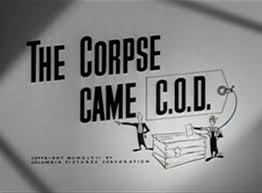
Verdict: ‘Sunset Boulevard’ Lite.
A streamer trunk arrives at the estate of a glamorous Hollywood peroxide star who swans around in a diaphanous wardrobe. The delivery man demands payment, Cash On Delivery. Irritating that, since the trunk contains fabrics for costumes to be used in an upcoming production, but she writes a cheque. (Look it up under either ‘cheque’ or ‘check.’)
Then her factotum prises the case open to reveal, among the bolts of cloth, a corpse! Screaming and gasping follow on cue.
Worse the deadman is the very unpleasant costume designer with whom Peroxide had an argument about wardrobe the day before. Factotum reaches for the telephone but…’No,’ she says and called a newspaper reporter Boyfriend (he wishes) and who takes over control.
After insuring a scoop for his byline he calls the law in the person of Detective Baritone who goes all Dragnet.
Even as Boyfriend investigates he trips over a newshound rival, played by the one and only Joan Blondell. The pratfalls are predictable, as are the fisticuffs, and the red herrings but it is all done with so much joie de vive to make it seem fresh.
There are in-jokes as the two journalists compete for information around the studio lot. The running gang of the convict escape scene did finally end with the man who came to sing! Nice.
Marvin Miller is a superb villain, before he went to work for Mr Tipton giving away moolah. Though the major villain is….. Well, the fraternity brothers figured it out before the denouement because it was telegraphed nearly from the start.
Peroxide is a wall flower when in the same scene with the firecracker Blondell. Even dim Boyfriend figures that out.
The picture starts like a publicity film for Hollywood with references to the dominate gossip and newspaper columnists of the time, like Luella Parsons and Hedda Hopper and then arrives at the estate mentioned above. There is no further reference to the figures reviewed in that five minute overture, which, by the way, included the screenwriter of this piece. If there is a backstory to explain this introduction it did not reveal itself to me.
The anonymous New York Times review of 17 August 1947 is as exhausted and disdainful as most of the reviews carried by that organ. It adds nothing.
25 December
336 The Christian church in Rome observed the Feast of the Nativity coinciding approximately with the winter solstice and the Roman Festival of Saturnalia.
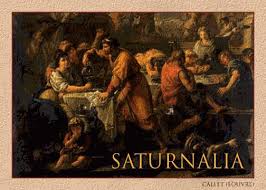
880 The Pope Leo III crowned Charlemagne emperor in Rome. This was the beginning of the Holy Roman Empire, which was not Holy nor Roman nor an Empire per Voltaire. Sounds like something from Faux News. Even so it lasted until 1806.
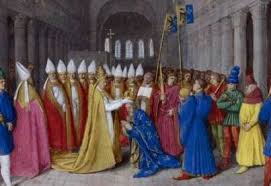
1741 Swedish astronomer Anders Celsius introduced the Centigrade temperature scale calibrated with a value of 100° for the freezing point of water and 0° for the boiling point. It was reversed by Carl Linnaeus in 1745 after Celsius’s death to facilitate more practical measurement. It was called the Swedish thermometer but Celsius referred to it as Centigrade. With his death Linnaeus named it Celsius himself.

1818 ‘Stille Nacht, heilige Nacht’ (‘Silent Night’) was first performed at the Church of St Nikolaus in Oberndorff bei Salzburg in Austria. The music was by local school teacher Franz Gruber and the lyrics by local priest Jospeh Mohr.
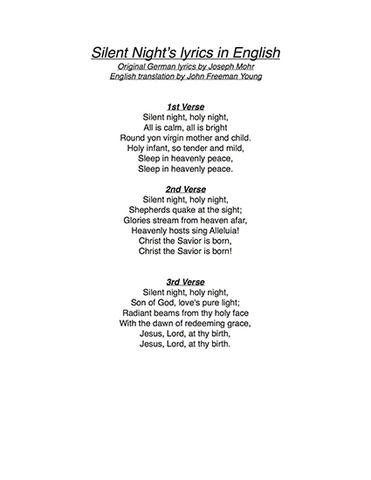
1990 The first successful communication between an HTTP client and server over the Internet spawned the World Wide Web.

24 December
563 The Byzantine church Hagia Sophia in Constantinople was re-dedicated after being destroyed by earthquakes. We have been there and seen that remarkable building and learned something of its history.
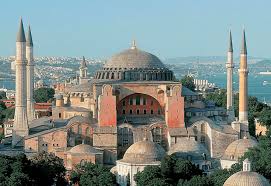
1851 A fire at the Library of Congress destroyed about two-thirds of its 55,000 volumes, including most of Thomas Jefferson’s personal library which founded the Library. I have been there more than once and felt honoured each time to enter this temple of knowledge. There are posts about my experiences there elsewhere on this blog.
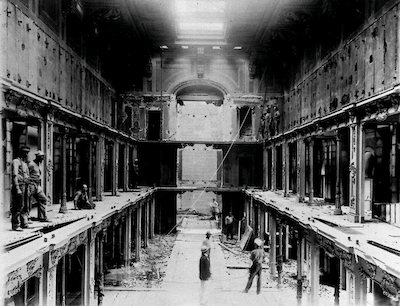
1865 In Pulaski Tennessee the Ku Klux Klan was founded as a self-help society for Confederate Army veterans, many of them maimed by the war and nearly all of whom were dispossessed. The name was derived from the Greek word kyklos, meaning “circle,” and the Scottish-Gaelic word “clan.” Its first leader was one-time General Nathan Forrest. After less than two years he objected to the violent racism of Klan members and tried to disband it. Later sitting president U.S. Grant also tried to disband it. Neither succeeded. Today its members and fellow travellers support President Tiny.
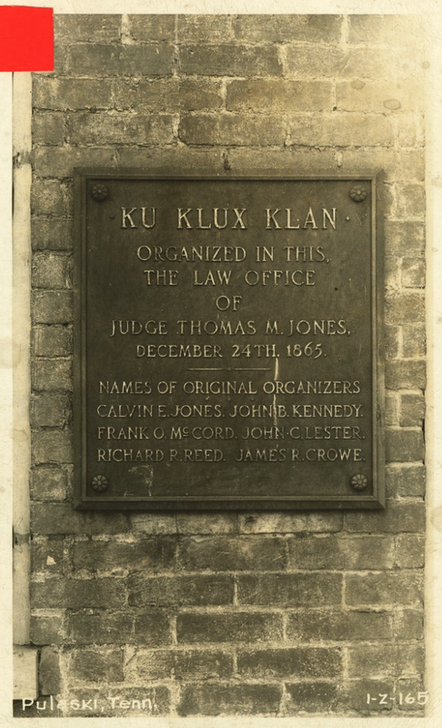
1974 Cyclone Tracy devastated Darwin, Northern Territory, Australia, destroying more than 70 percent of the city’s buildings, including 80 percent of its houses. It was a colossal storm. On one of our visits to a Darwin museum we spend five minutes in a replica of a storm cellar as the sound effects blasted and wall shook. That was enough for us. The real storm went on for hours. It nearly obliterated Darwin.
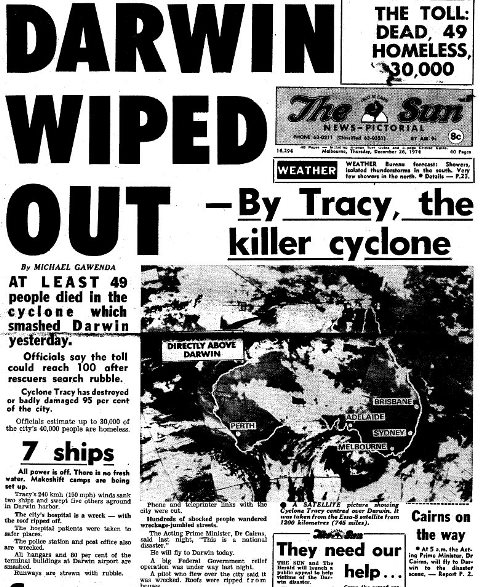
1979 The Soviet Union sent three army divisions with air support into Afghanistan to install a government aligned to the USSR to head off an American attempt to do the same through Pakistan. Tribal infighting in Kabul had produced instability which made such foreign intervention tempting. So begin a decade of war that left at least 15,000 red grunts dead and an untold number of locals. It became one of the hottest points in the Cold War.
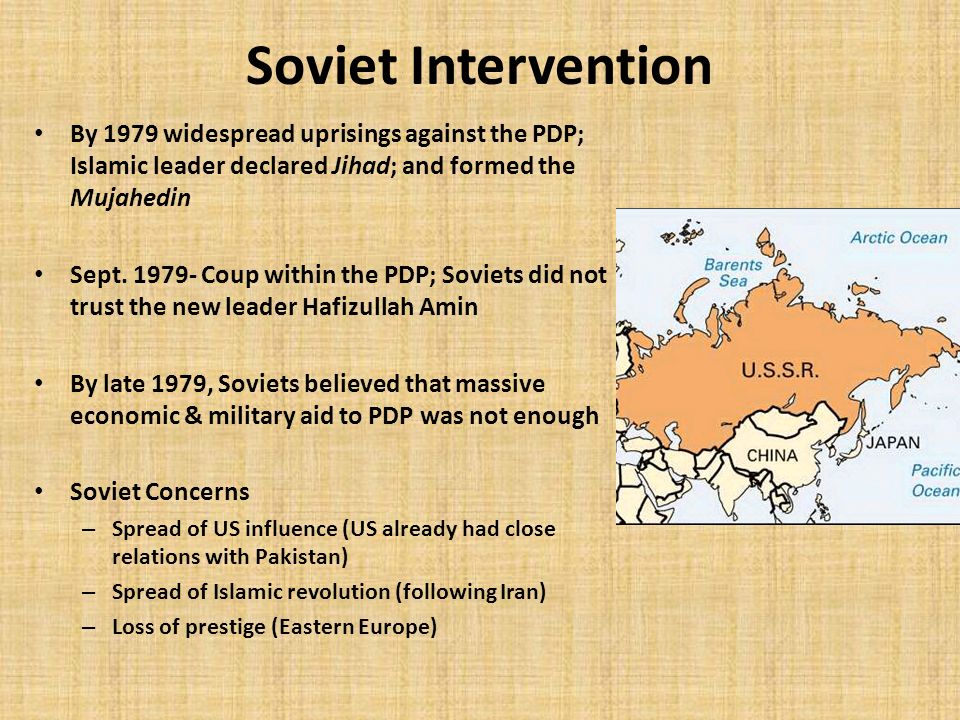
23 December
1888 At Arles Dutch painter Vincent van Gogh cut off his left ear after argument with fellow painter Paul Gauguin, sending it to a prostitute for safe keeping. We have seen some marvellous paintings by this troubled genius. There is a memorable scene in the film ‘The Night of the Generals’ when one mad man, Peter O’Toole, recognises another in Vincent.

1900 Canadian inventor Reginald Fessenden made the first wireless voice transmission while working for the Weather Bureau. His immortal words were ‘It’s snowing here.’ The reply came by telegraph: ‘Same here.’ Low key or what?
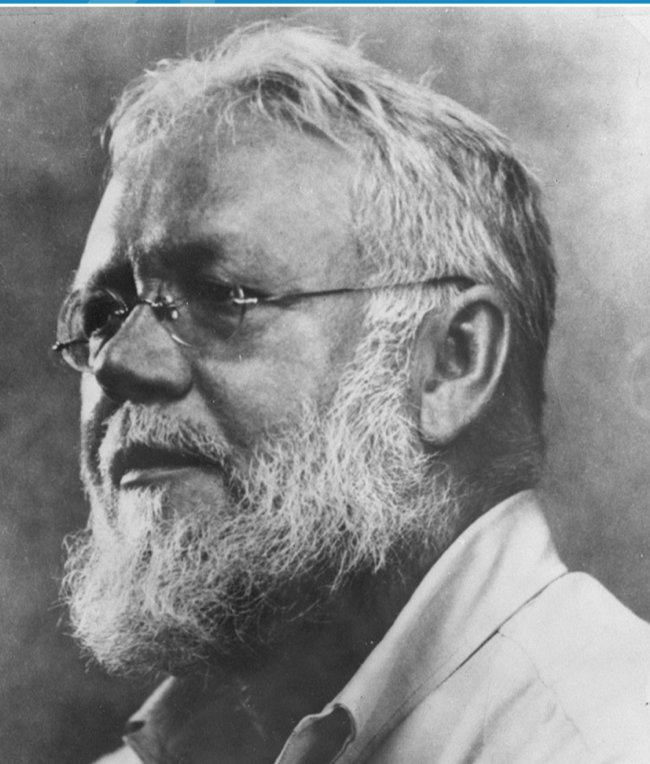
1906 At Bondi Beach the surf life-saving reel was demonstrated. Legend has it that the first person saved by that reel was the eight-year old Charlie Kingsford-Smith (for whom Sydney airport is named due to his later aviation exploits). The reels became standard equipment until 1993 when they were replaced by inflated rubber boats, yellow duckies.
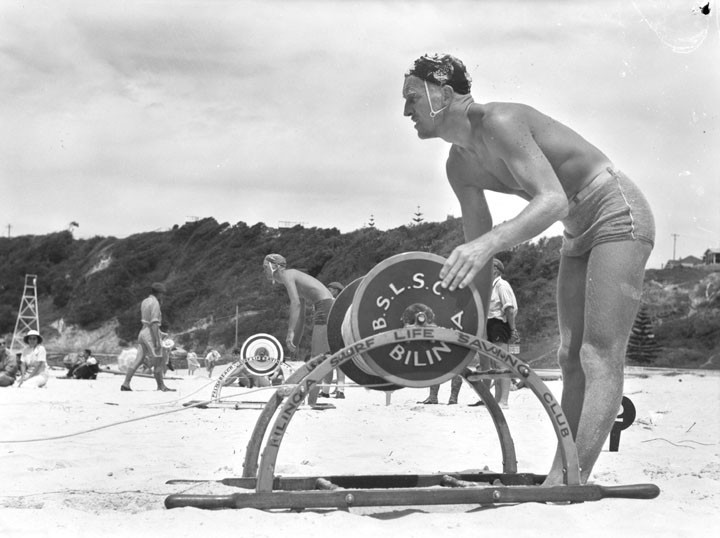
1912 The prestigious ‘Nouvelle Revue Francaise’ in Paris rejected with disdain a self-contained excerpt from ‘À la recherche du temps perdu’ (Remembrance of Things Past) by Marcel Proust. This was Proust’s first attempt to publish this monumental work. I have read most of it. Who can forget the death of Marcel’s grandmother, Gilbertine’s elusive kiss, the Baron de Charlus’s mordant wit, or Monsieur Norpois lighting a cigar to encapsulate European history.
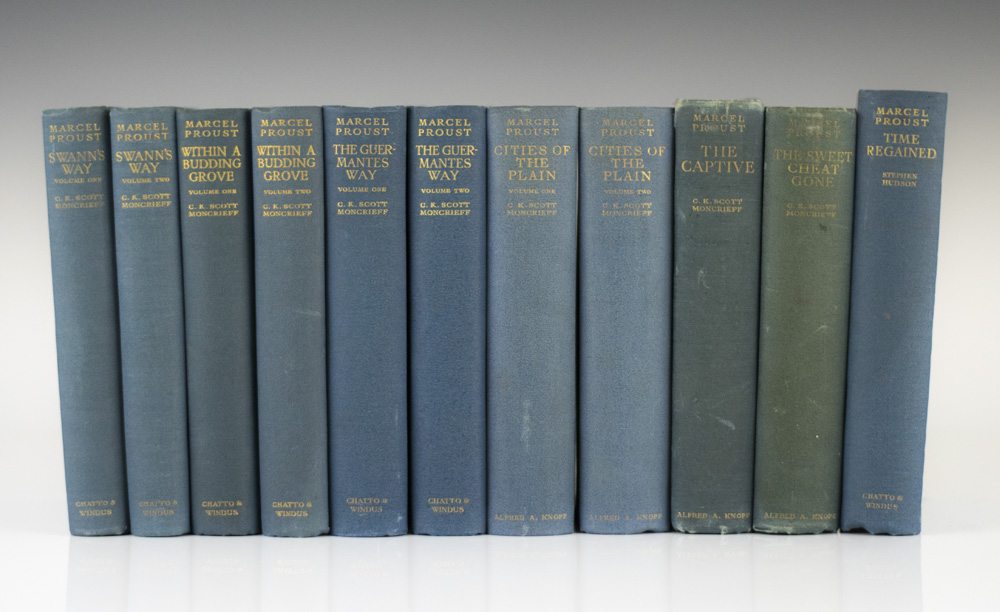
1913 U.S. President Woodrow Wilson signed the Owen-Glass Act to create the Federal Reserve System to regulate banks. Its temple is pictured below. Within it the god of mammon is worshipped, propitiated, mollified, appeased, soothed, and pacified in dark and secret rituals with demand curves and Pareto optima.

22 December
877 The tradition of the Twelve Days of Christmas started when King Alfred the Great decreed that no servant had to work during the twelve days of celebration which followed Midwinter which merged with the twelve days of Christmas instigated by Christians to replace the pagan festival of Saturnalia.
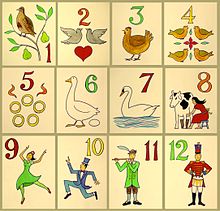
1808 Ludwig van Beethoven’s Symphony No. 5 in C Minor, Op. 67—the “Fifth Symphony” premiered half way through a long program with an unrehearsed orchestra in a vast, freezing hall. It was ignored by critics at the time but is now regarded as one of the greatest work of one of the greatest composer. The four-note opening motif is familiar to many people who have never heard of Ludi. Its opening four-note motif was the signal for D-Day on 6 June 1944.
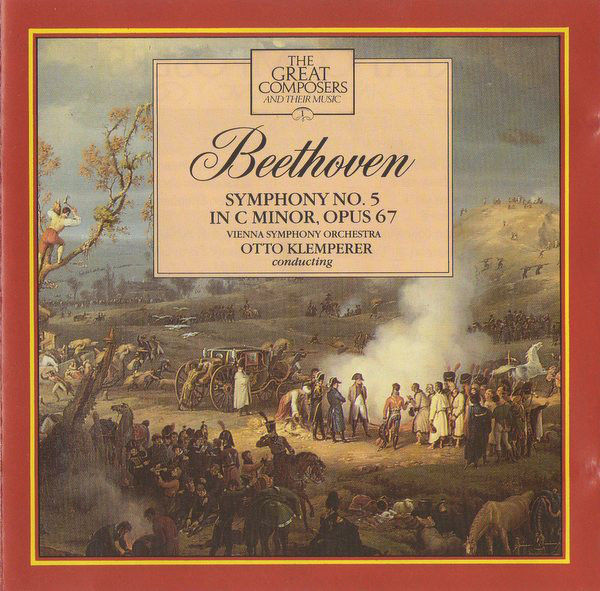
1849 Fyodor Dostoyevsky was to be executed for antigovernment activities. In fact, he was led out to face a firing squad, where he was then told he had been reprieved. He was sent into exile for a decade. At the time of his arrest he had written two juvenile novels now seldom read. The great works followed his return to Russia in 1859. We saw much about this tortured soul on our Russian tour.
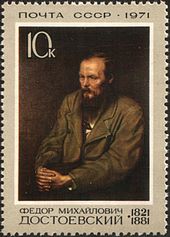
1894 Captain Alfred Dreyfus was convicted of treason by a military court-martial and sentenced to life in prison for passing military secrets to the Germans. He was convicted on flimsy evidence in a highly irregular trial. Being Jewish he was a scapegoat for the far reaching corruption and incompetence in the French Army. The meat-eaters of the day, i.e., journalists, had him convicted long before the sham of a trial. Somethings never change.
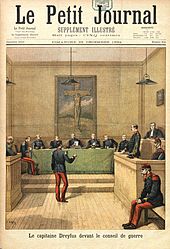
1956 A baby gorilla named Colo was born at the Columbus (Ohio) Zoo becoming the first-ever gorilla born in captivity. After a long and comfortable life with many progeny she died in January 2017.
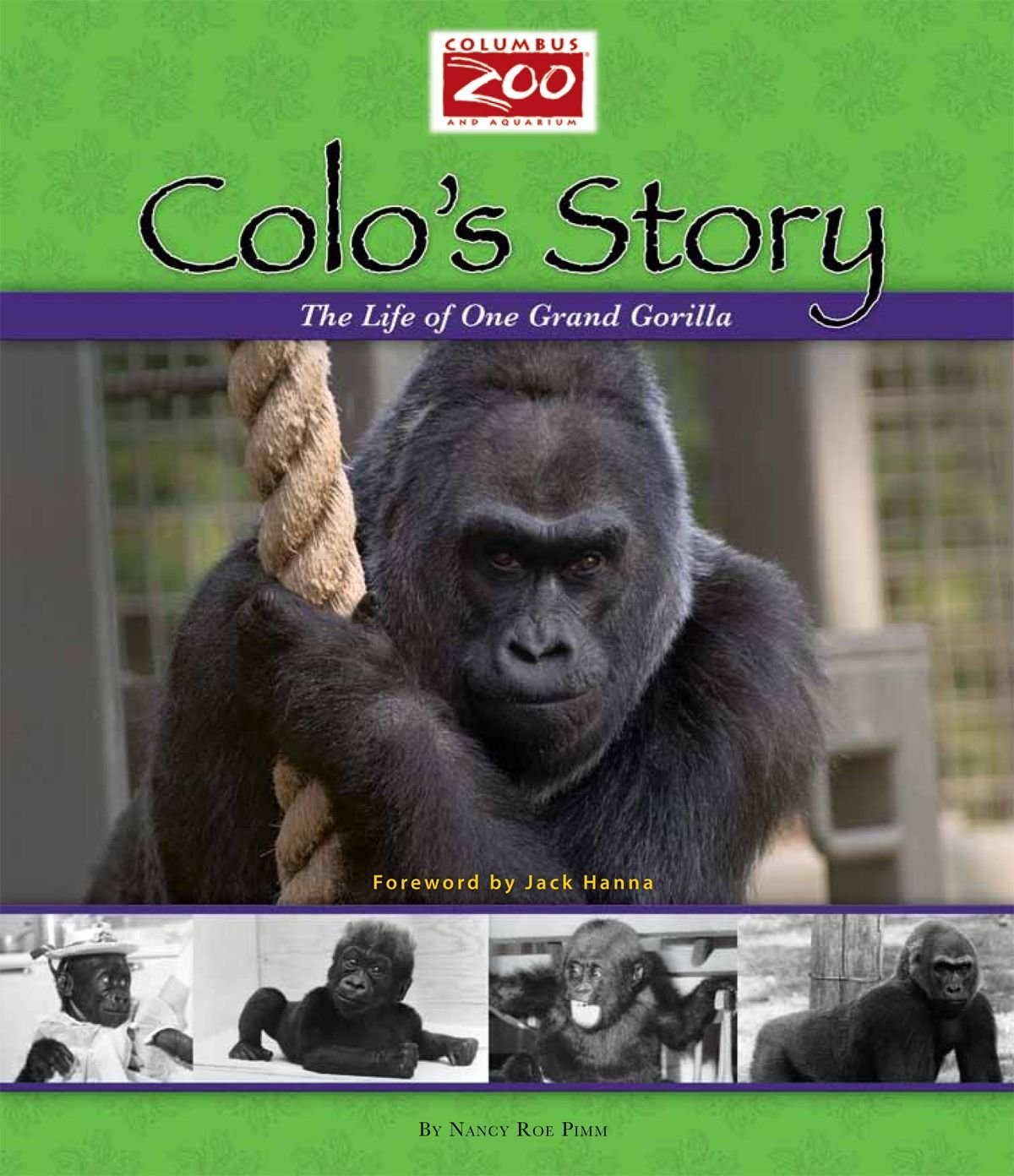
21 December has no secrets.
1817 Governor Lachlan Macquarie recommended to the Colonial Office in distant England the use of the name ‘Australia’ instead of New Holland for the continent. Much of Australia still bears the imprint of Lachlan Macquarie, a humanitarian and visionary. In Latin ‘australis’ means southern, and from the second century there were legends of an “unknown southern land” (terra australis incognita).
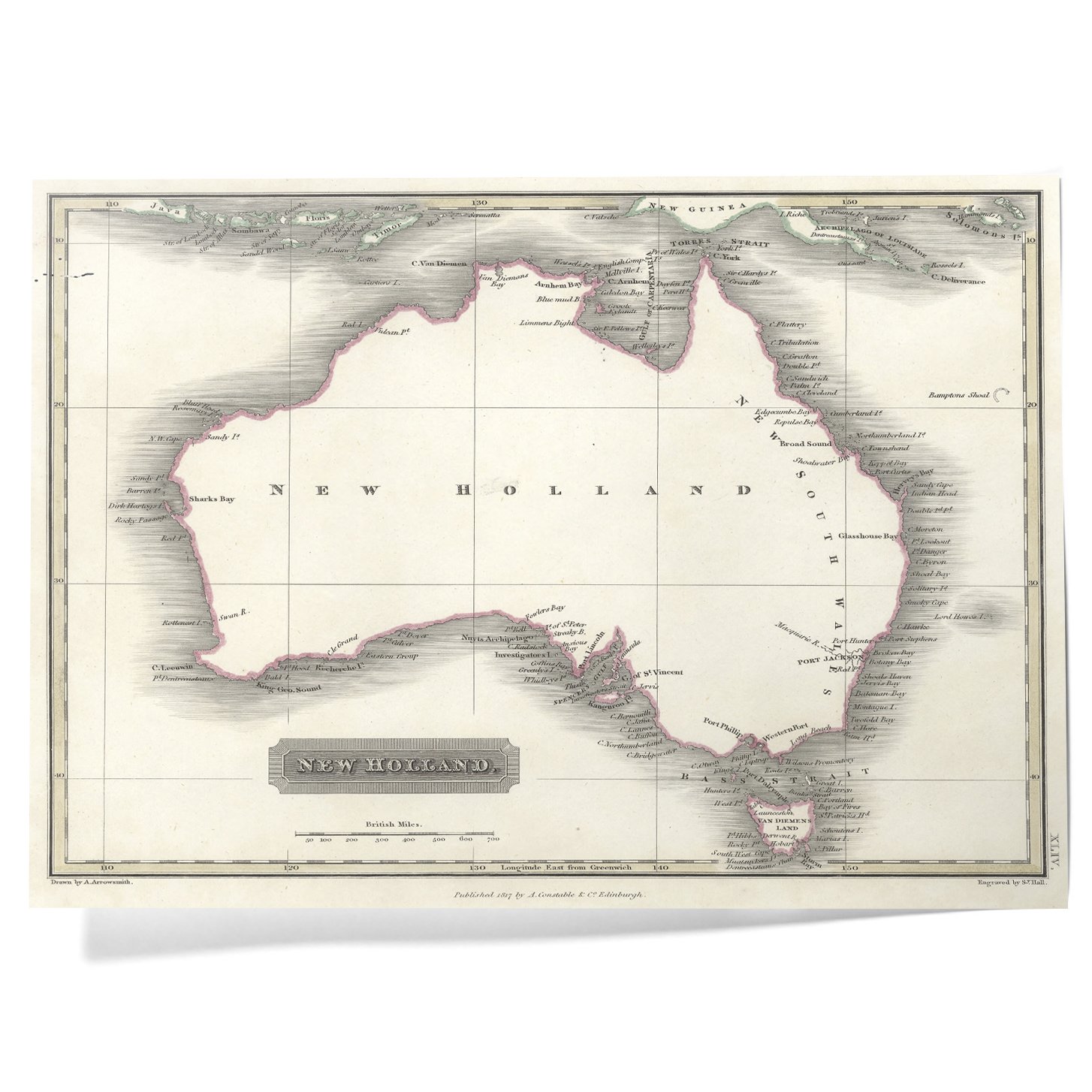
1844 The Rochdale Pioneers began business at a cooperative in England, starting the Cooperative movement. The principals included: Open membership, democratic control (one person, one vote), distribution of surplus in proportion to trade, payment of limited interest on capital, political and religious neutrality, cash trading (no credit extended), and promotion of education.
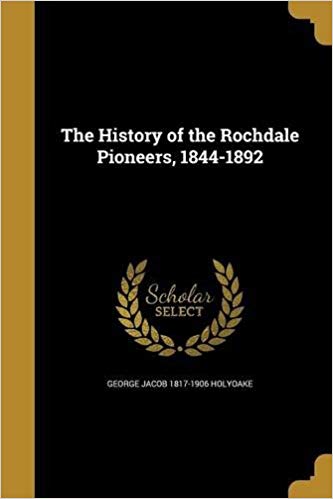
1898 French scientists Pierre and Marie Curie discovered radium. It made them famous and it killed them. She was the first woman in Europe to earn a PhD. They coined the term ‘radioactivity.’
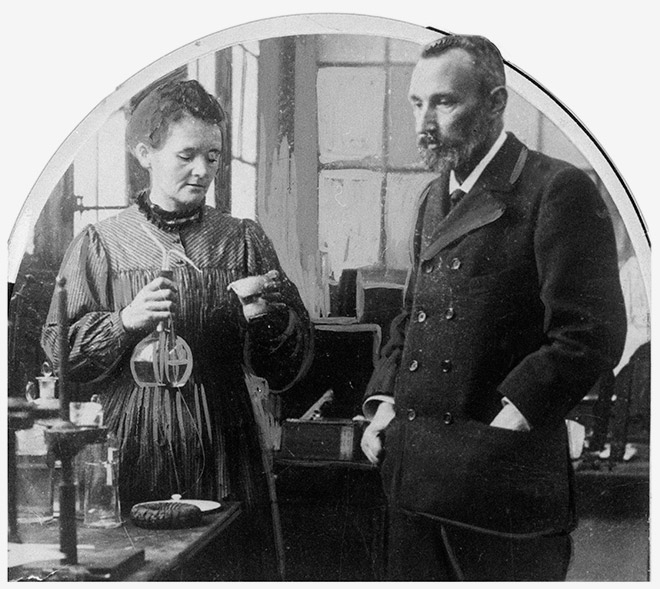
1913 First crossword puzzle (with 32 clues) was printed in New York World. It was created by Arthur Wynne, a Liverpool journalist. We have done a few of these.

1933 Fox Films signed Shirley Temple at five-years of age to a studio contract. By that time she had been in films for two years. She retired from Tinsel Town at twenty-two and had a career in business and then another in diplomacy.

